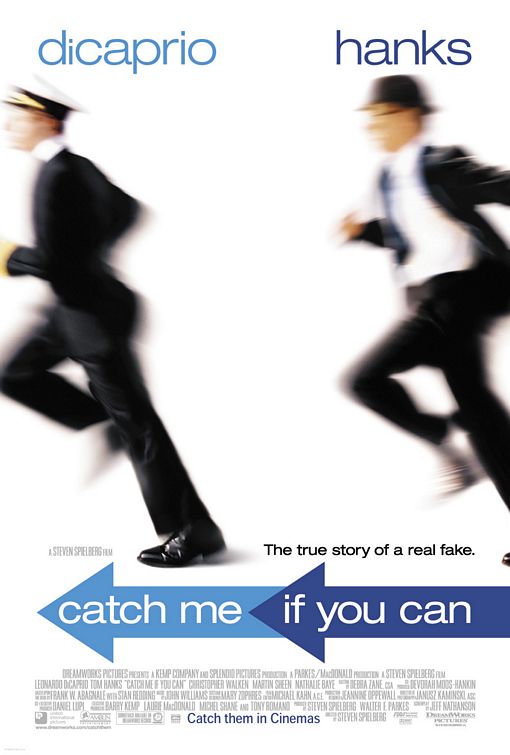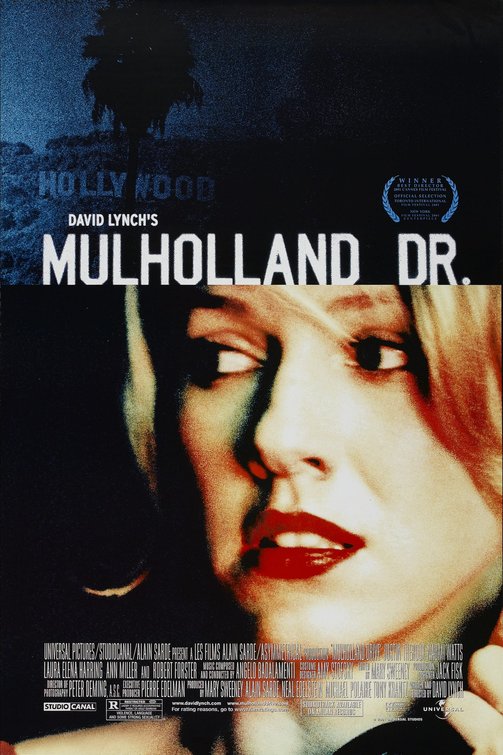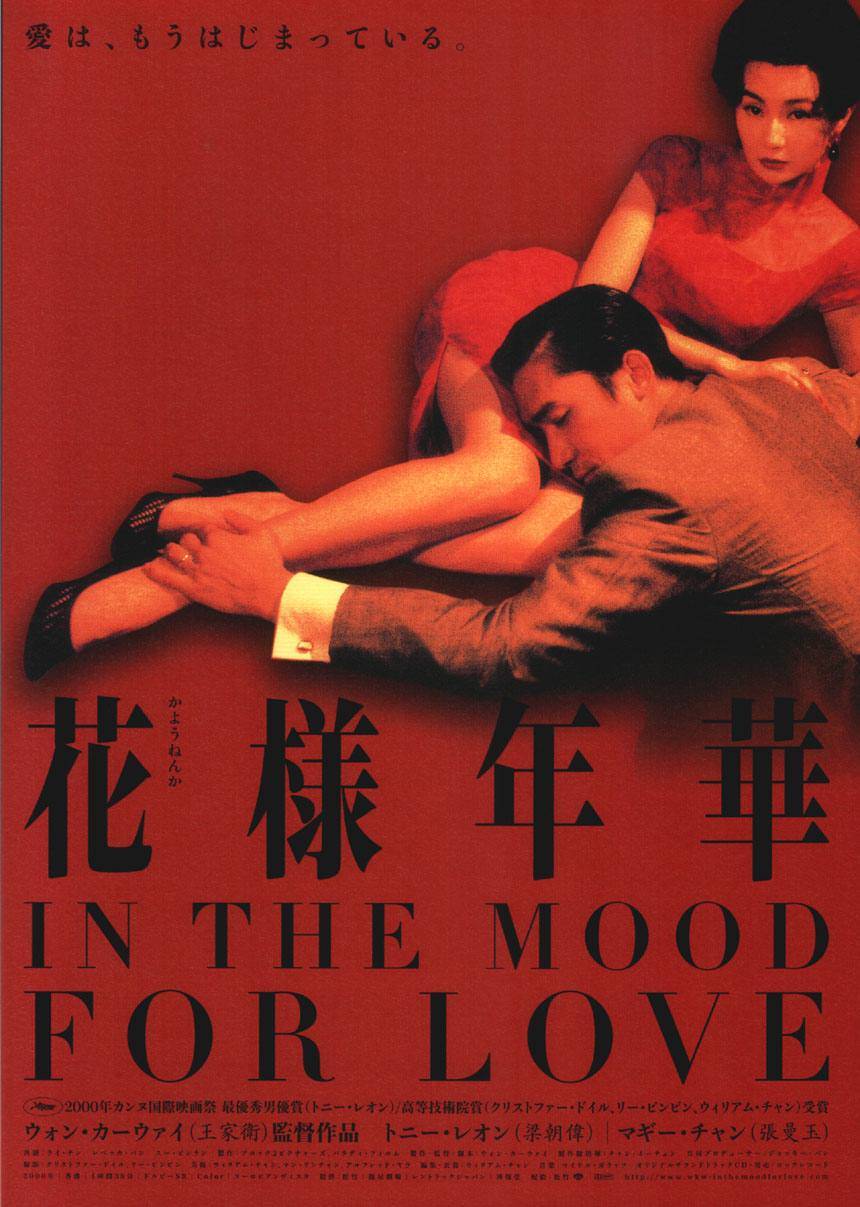30.) THE WIND WILL CARRY US (dir. Abbas Kiarostami)

Abbas Kiarostami’s timeless vision of purgatory as portrayed by a remote Kurdish village is - like all kiarostami films - about nothing less than what it means to be alive. a group of journalists arrive at the village ostensibly to document the ritual with which the locals mourn a terminally ill woman… except the woman refuses to die. as the harried city folk struggle to accept their removed helplessness (one funny recurring bit features the lead character, an engineer, sprinting to the top of a local mountain for adequate reception every time he receives a phone call), they find themselves slowly becoming consumed by the daily rhythms of the village life, a transition which culminates in a breathtaking stand-off between the engineer and a young girl in a cave. the old world and the impatient new are not distilled to points of convenient opposition that find the two mutually exclusive, but rather a fluid relationship in which one defines the other… the whole thing feels a lot like melville to me (the author, not the filmmaker), but maybe that’s just me.
The rest after the jump!
29.) WHAT TIME IS IT THERE? (dir. Tsai Ming-Liang)

Tsai Ming-Liang’s beautiful and deeply clever meta-masterpiece is - to me- much less involved with time than it is memory and isolation… elements thrown into sharp relief by time. so okay, it’s kinda about time. a Taipei watch-seller meets a girl in the days before she sets sail for Paris. in the wake of their meeting (and his father’s death), the man sets every clock in Taipei to Paris time… an affecting conceit that reaps dividends as mournful as they are unexpectedly hilarious (a moment in which the man uses a long pole to push the hands of a massive, tower-mounted clock is among the most indelible moments of aughts cinema… filmed from a long distance by necessity - the work required of the viewer to discern the scene a microcosm of how tsai’s films provide only tantalizing invitations). as is increasingly typical of a Tsai film, What Time is it There is both a dual narrative and precociously curious about the flow of cinema itself… two scenes in which Jean-Pierre Leaud (aka Truffaut’s Antoine Doinel) nudge the 4th wall earn more than just a smile.
28.) CATCH ME IF YOU CAN (dir. Steven Spielberg)

among the most endlessly re-watchable films ever made, Spielberg’s seldom mentioned masterpiece (yeah, i called What Time is it There a masterpiece, too… but we’re getting close to the end here and i’m too lazy for synonyms) is as sneaky and two-faced as its jet-setting hero, fermenting a touching emotional current beneath a framework of zippy cleverness and charming doublespeak. Catch Me if you Can is the truish story of a teenaged frank abagnale jr. running away from his breaking family (in a spielberg film!?) and forging checks and trying on a number of different hats in a series of grin-inducing bits punctuated by voids of love… christopher walken as abagnale’s father is absolutely killer - the distance between a father and son trying to either discover or maintain their respective roles is almost too entertaining to be so devastating. tropical imagery bounces off of xmas sights and some of tom hanks’ best work to color in jeff nathanson’s perfect screenplay and - together with spielberg’s silky and intimidatingly confident direction - results in a film that i’ll always keep close.
27.) LAKE OF FIRE (dir. Tony Kaye)

the definitive abortion film, tony kaye’s documentary - 16 years in the making - is a difficult, epic, austere examination of an issue that needlessly continues to divide america. i mean… i’m about as biased as one can be on this particular topic, unabashedly pro-choice rather than anti-choice, but Kaye doesn’t care much about that. even after poring over the film with a fine-toothed comb it’s hard to resolve what side Kaye himself is on (though in court I’d argue he’s with me), as his film is far more concerned with processing and documenting the conflict than espousing polemic. bouncing back and forth across the aisle, Kaye’s film is like the anti-Brecht, forcing you to stick your face in the issue so that eventually you can see only its heart… culminating in an unflinching real-time depiction of a late-term abortion procedure, the film boils the matter down not for you, but to you.
26.) MUNICH (dir. Steven Spielberg)

in some ways spielberg’s best film (and in other, more frustrating ways… not), this gritty yet decidedly stylized revenge saga in which erica bana gets seth rogen laid, feels like the 70s cop drama spielberg was too busy inventing the blockbuster to make at the time. the beneficiary of a smart and relentlessly focused tony kushner screenplay, spielberg’s take on the aftermath of the terrorism at the 1972 Olympic Games is a surprisingly unapologetic tale of the banal and cyclical nature of retaliation, and the collateral damage it wreaks. smart and arguably subtle choices (framing the final scene with the World Trade Center in the distance) compensate for silly, overly anguished slo-mo sex, and… well, that one scene aside, the whole film just craftily walks the line between being too particular or too broad. Munich is pathos driven pop myth-making at its finest.
25.) HUNGER (dir. Steve McQueen)

celebrated visual artist Steve McQueen makes his first feature-length film debut with this mesmerizing account of the 1981 hunger strike in Ireland’s maze prison. the first third of the film sets the scene with a series of haunting, painterly images before McQueen hones his focus on Bobby Sands (michael fassbender), the strike’s eventual figurehead. an assimilation of concordant stimuli tells the story, here… while the film’s only scene of dialogue is immensely effective (an epic conversation captured entirely within one shot), McQueen communicates the brunt of his story in the banging of pots… snow falling on a cigarette… a wall lathered in shit. and when things get particularly dire and the childhood flashbacks kick in, they’re accomplished with a devastatingly earnest sentimentality that is so often defanged in hackneyed studio films… Hunger is not the highest rank debut film on me list, but as far as pure filmmaking prowess is concerned, it’s easily the best.
24.) SIDEWAYS (dir. Alexander Payne)

the porch scene. too tired to often more than that.
23.) MULHOLLAND DRIVE (dir. David Lynch)

NO HAY BANDA. there is no band. ahh… Mulholland Drive. my favorite Lynch. naomi watts in this film is so beautiful in this film it’s downright repugnant. anyhoo, this “love story in the city of dreams” does indeed tell a coherent story, however irrelevant its sense might be. wacky and ominous (or at times downright frightening), Lynch has never been better than he is here at wringing compelling portentousness from the barest of essentials… his still frames - drowning in shadows and replete with dialogue more vague than that of an average episode of Lost - are stories within stories within stories. initially devised as a television series, the story… ostensibly about a pure and plucky blond who comes to LA with dreams of stardom is… in the interest of time… a uniquely foreboding fever dream of modern identities in motion, Lynch’s film is the alchemy of both its sum and its parts. it’s all over the place yet with its feet firmly in the ground, its the iconography of its props and faces paying cold tribute to Old Hollywood while peeking under its current form.
22.) IN THE MOOD FOR LOVE (dir. Wong Kar-Wai)

okay, this isn’t laziness, this is knowing my limitations.
21.) SONGS FROM THE SECOND FLOOR (Roy Andersson)

roy andersson - once among the world’s pre-eminent commercial directors - embraces the mantle of auteurism with Songs From the Second Floor, a film from which any frame would be instantly recognizable. a series of abstractly related yet mostly disparate vignettes that all revolve around a chromatically muted swedish zombie apocalypse of sorts… (“of sorts” is kinda key there)… the camera never moves, and the people and rats trudging about in front of it seem to have completely lost any idea as to where they’re going. violence and destruction abounds, but it doesn’t seem to be much of an obstruction… certain segments stick out in the mind, and everyone has their favorites, my favorites typically being those in which andersson establishes a fantastic foreground before dragging your eyes to someplace else entirely, resulting in an accumulated apathy for the more prominent sliver of the tableaux. this is the modern world viewed from a distance, but the sly, hideous clarity of its perspective is damning… you don’t have to squint to recognize the scenery. cannot wait to see his follow-up, You, The Living.






0 comments:
Post a Comment